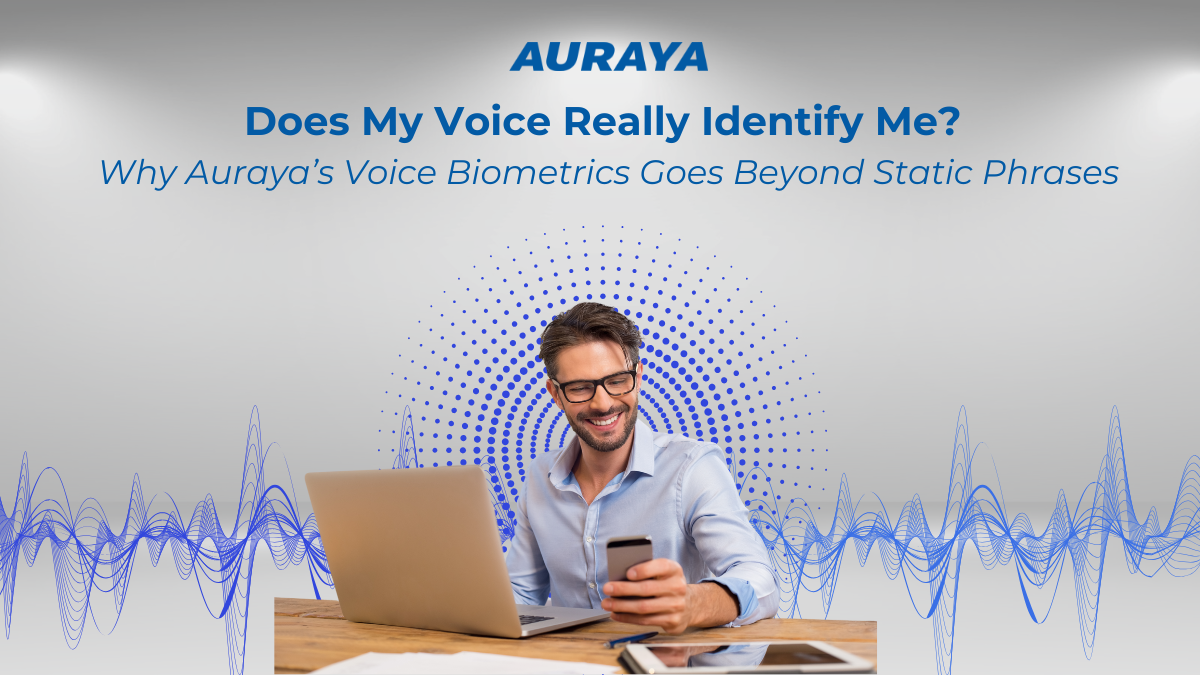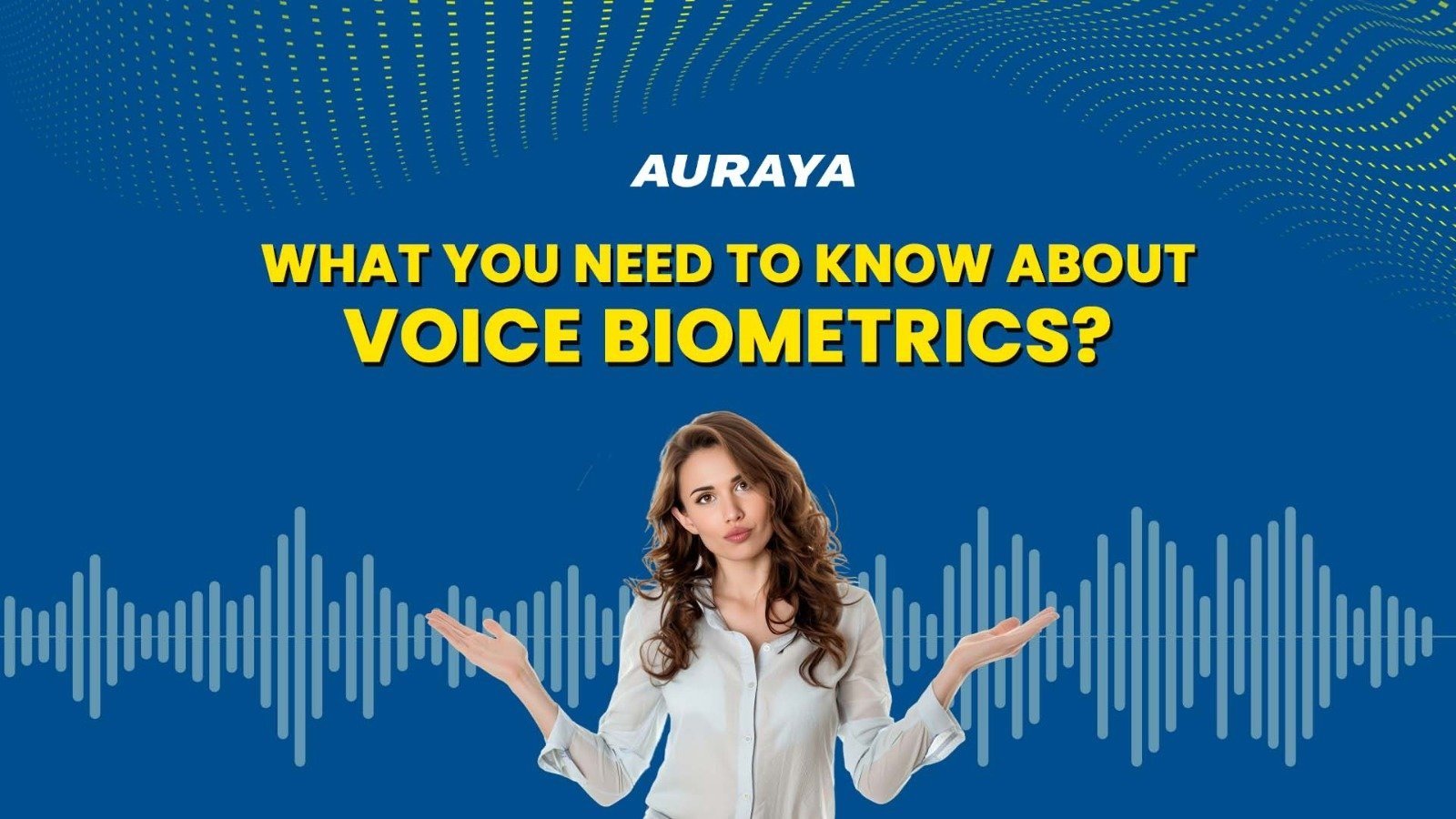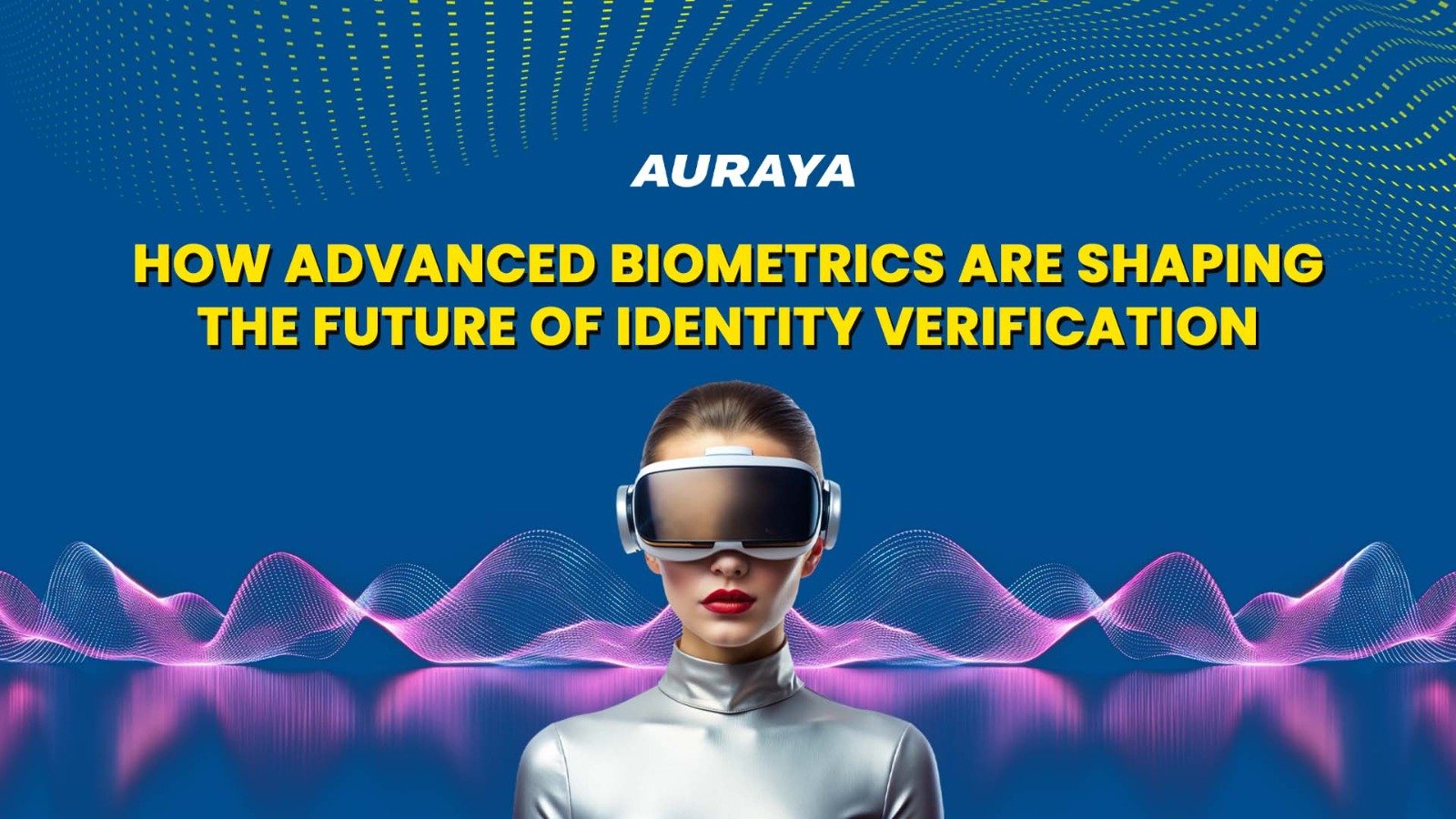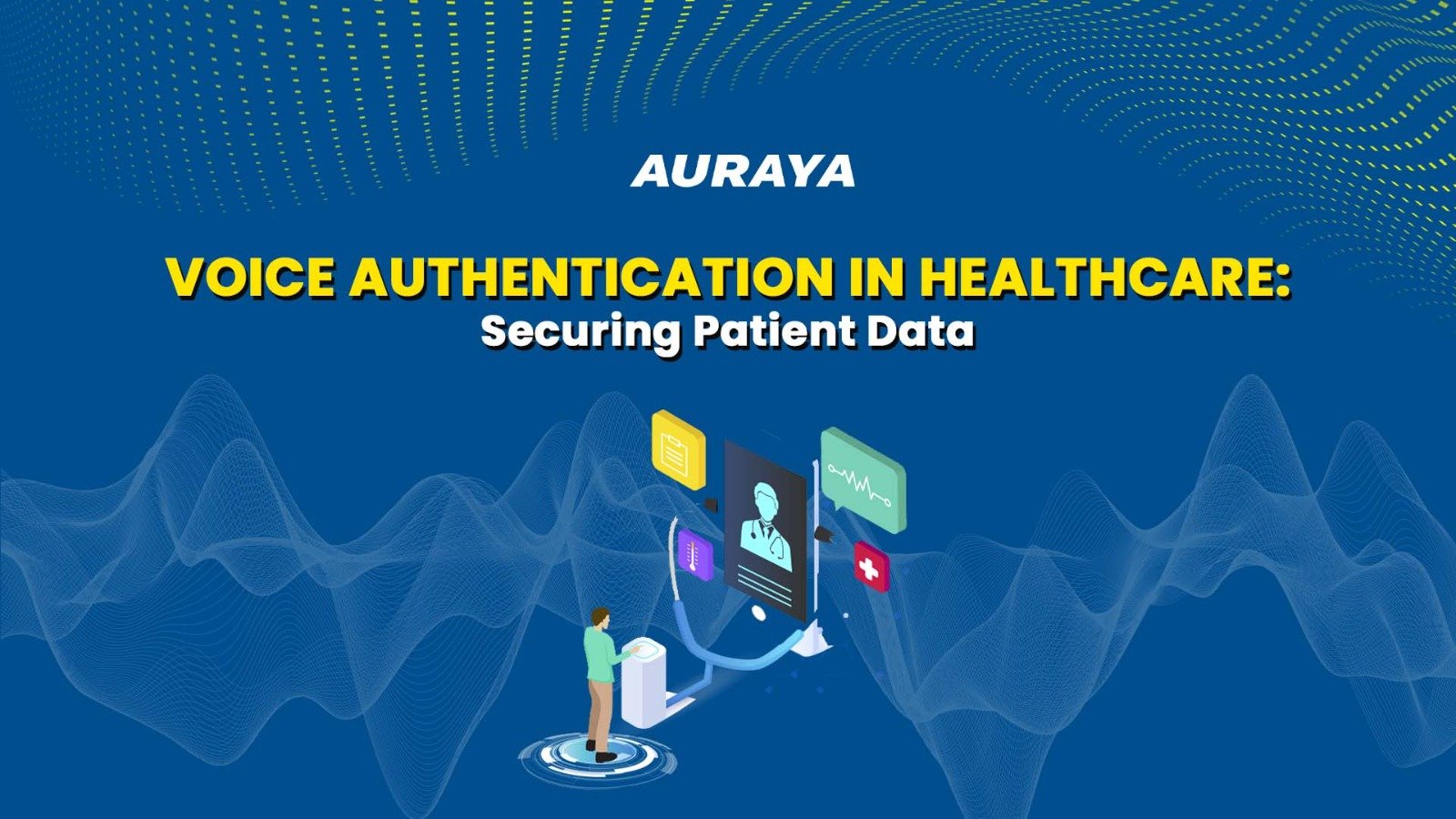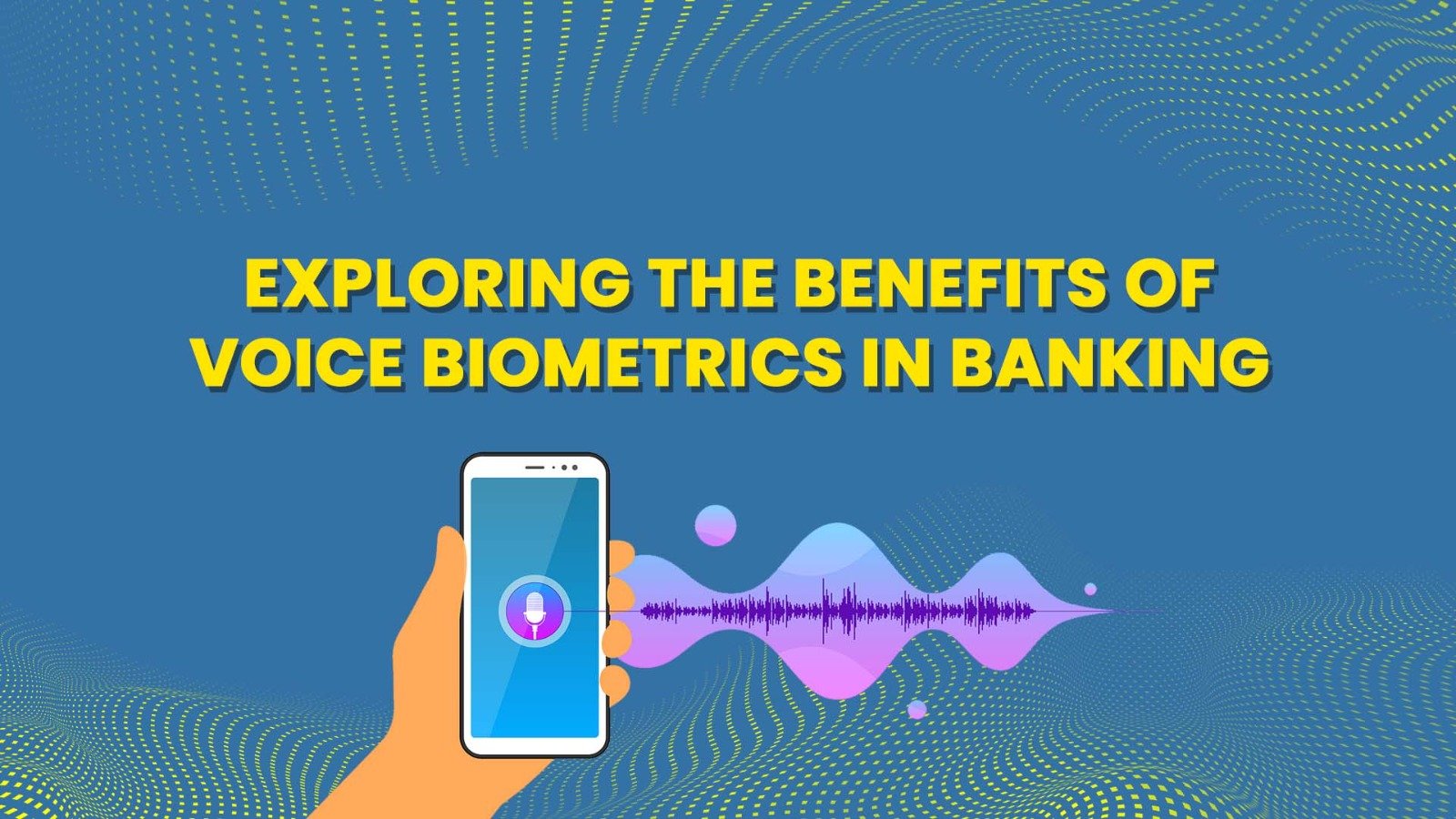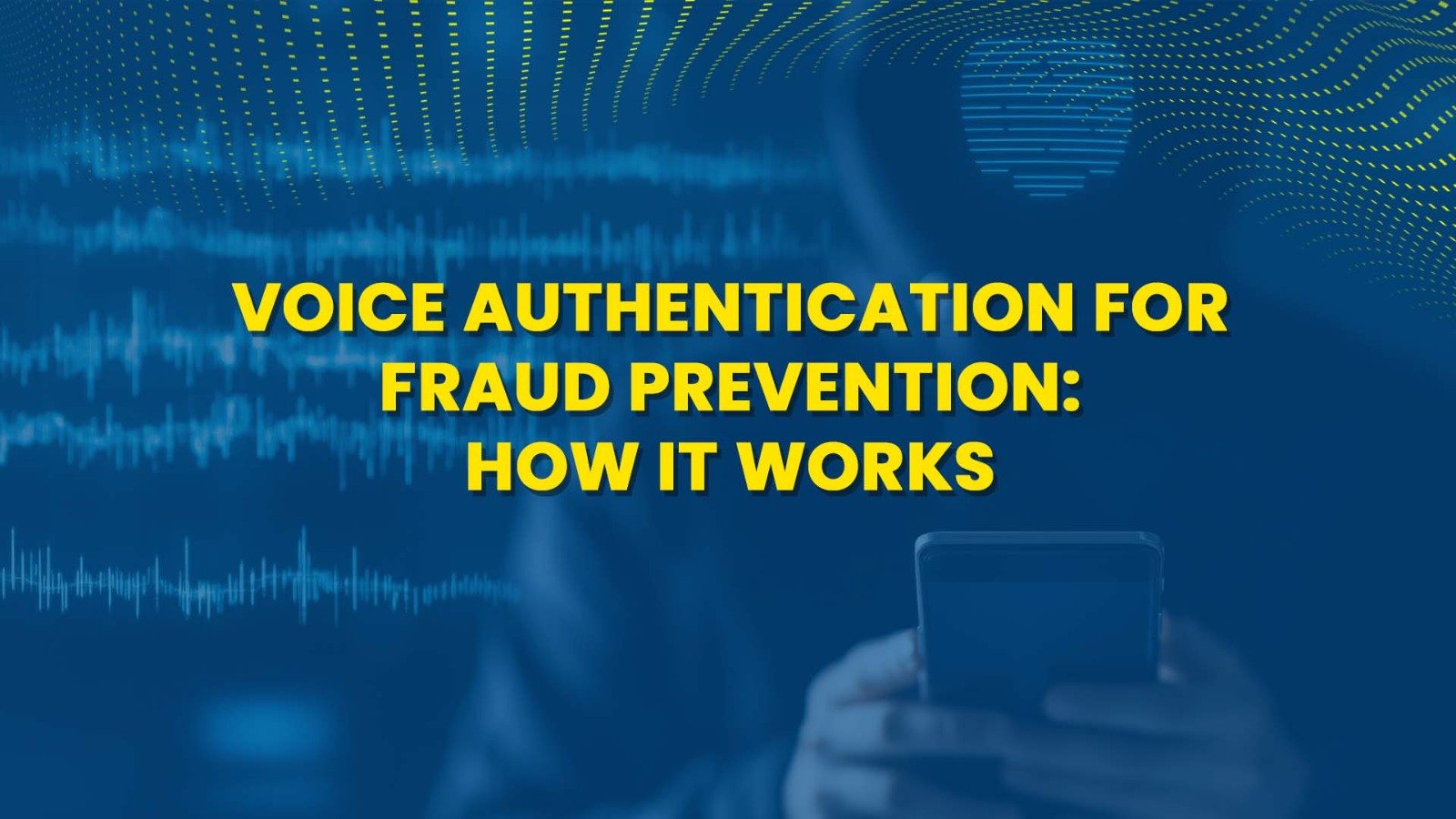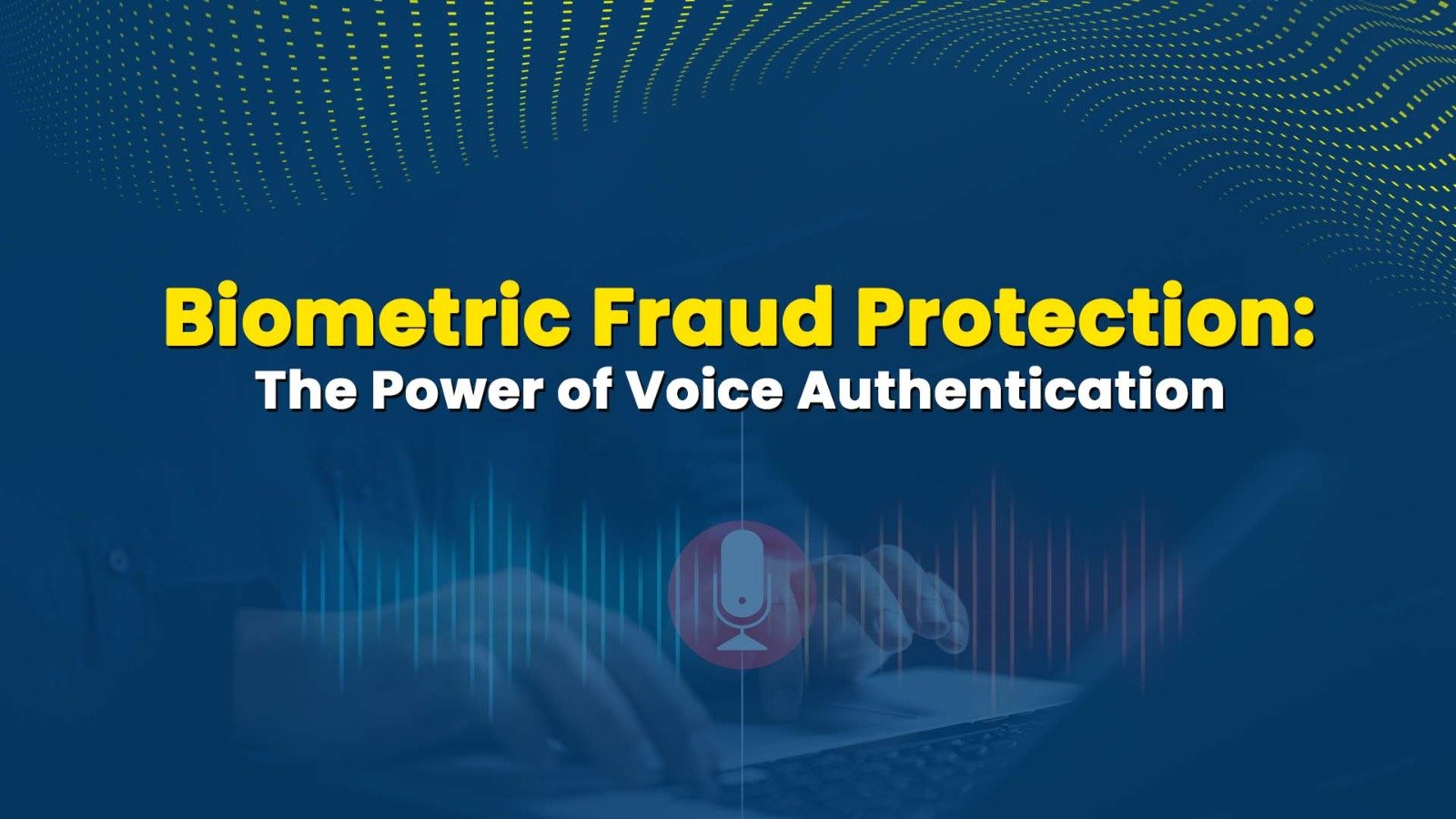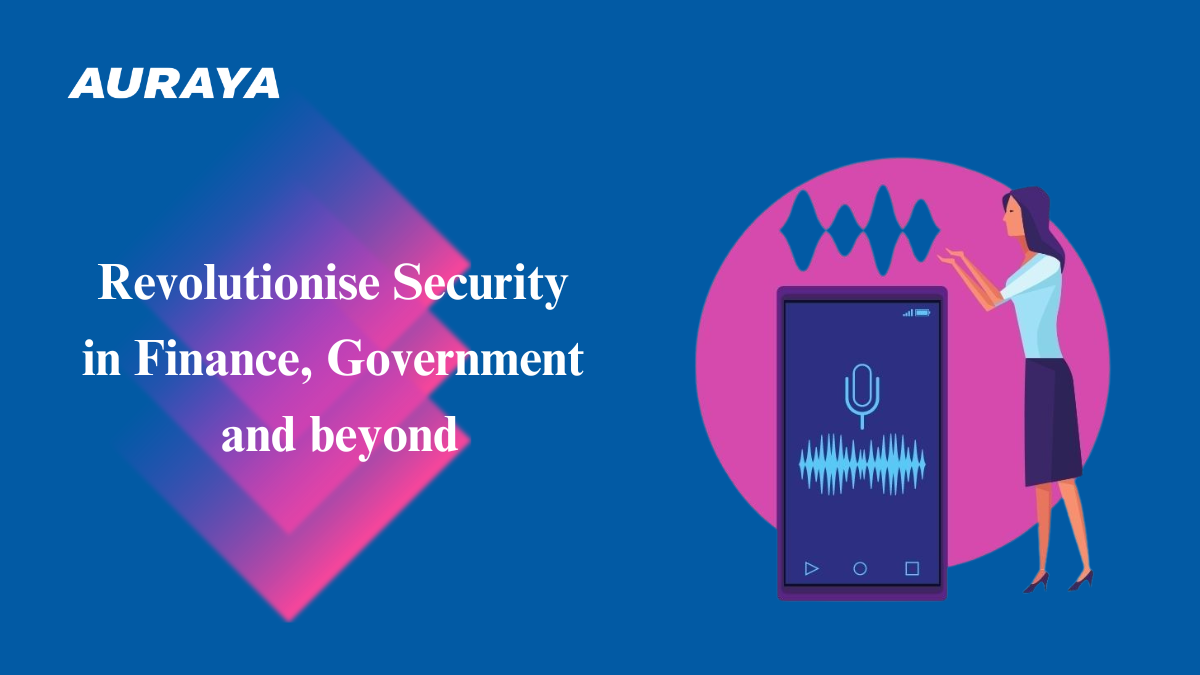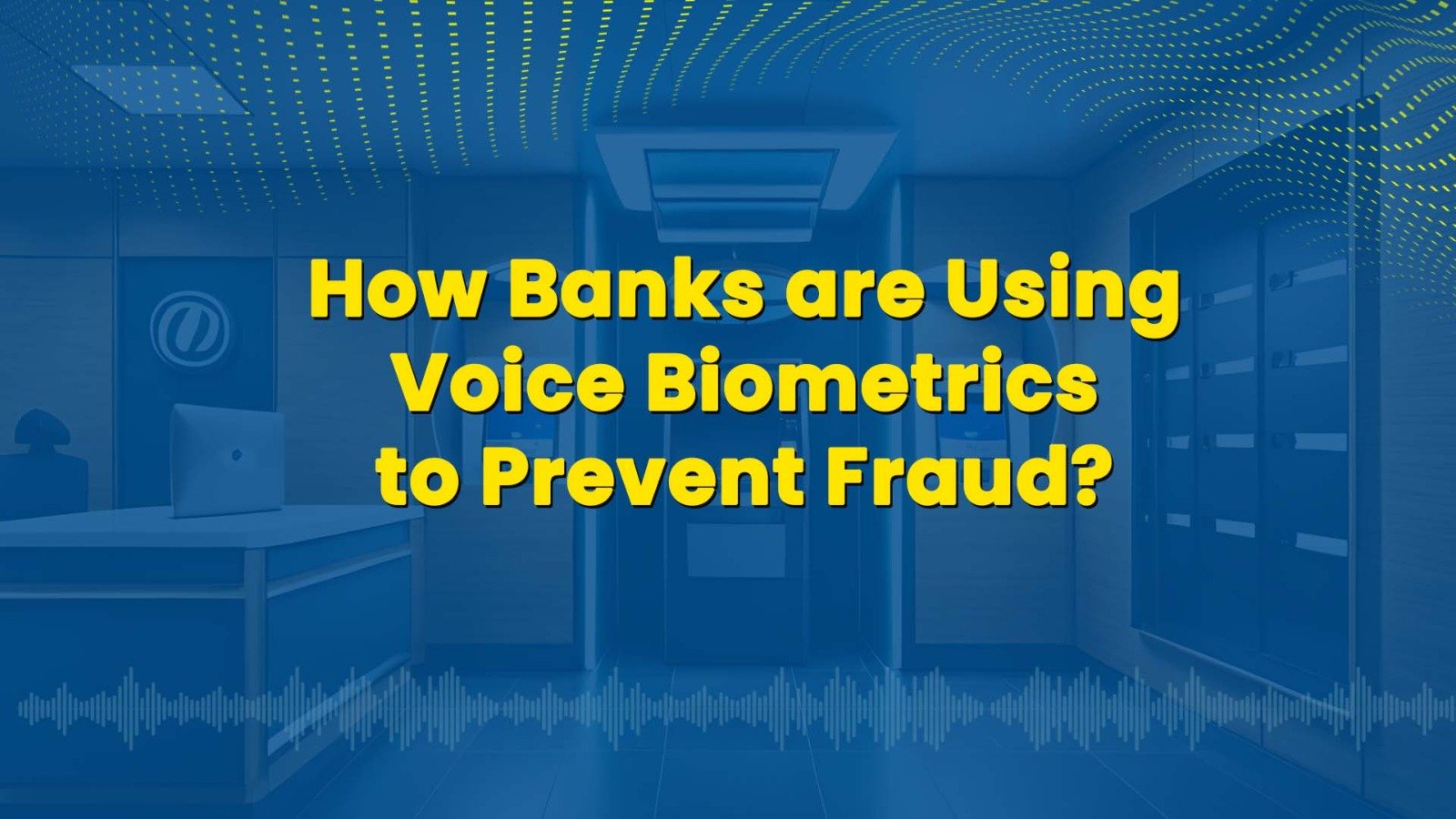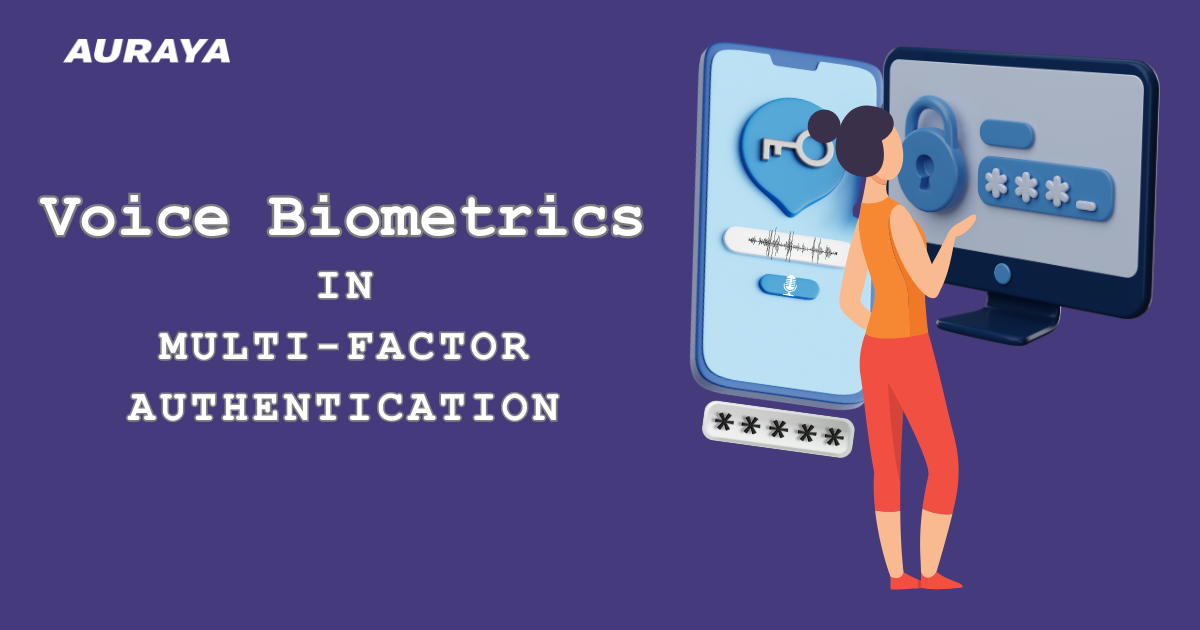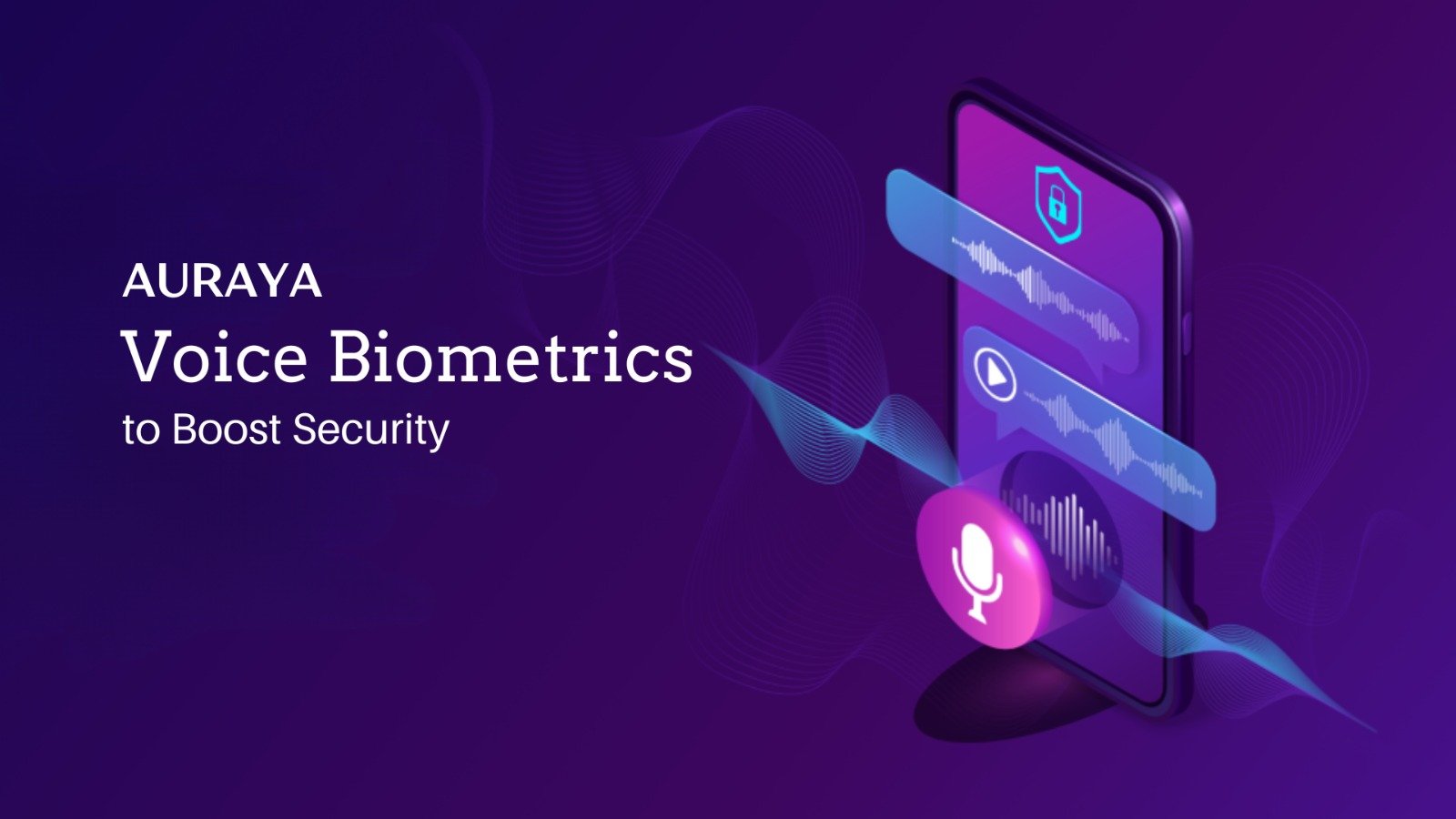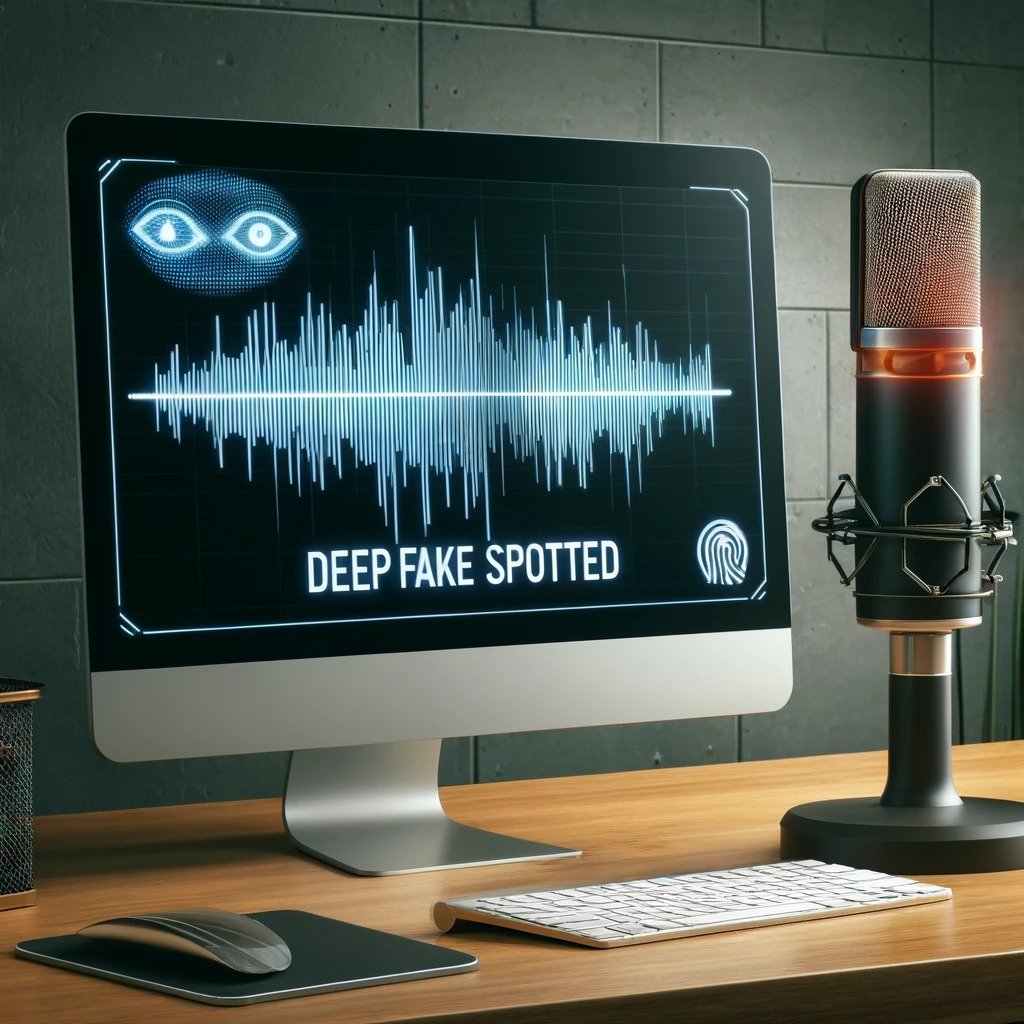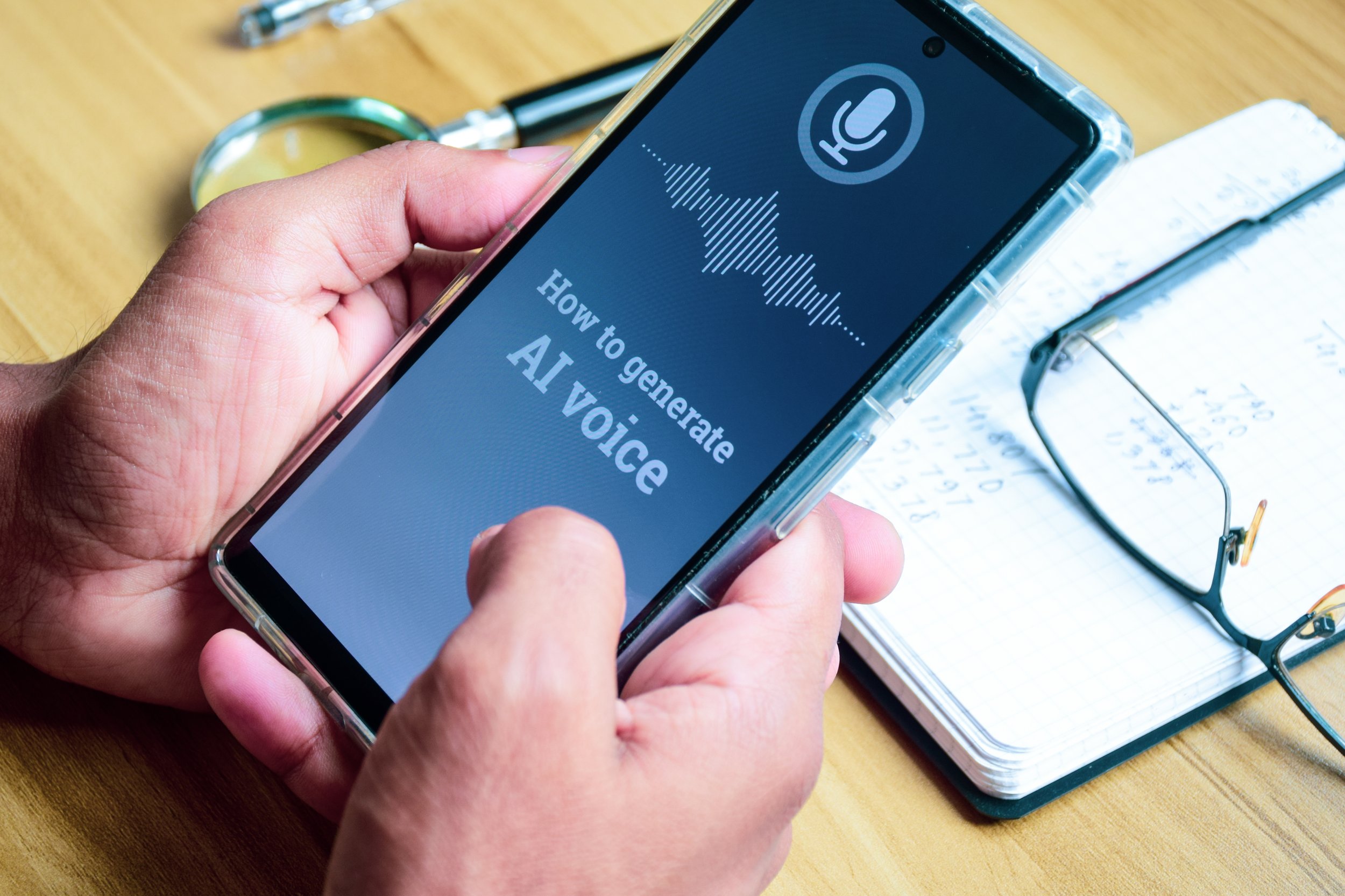How Government Can Benefit from Voice Biometrics
Recalling the incident when the British Prime Minister David Cameron got a call from an apparently “drunk hoaxer” claiming to be the director of Britain’s eavesdropping agency – it is an excellent example that highlights the importance of caller identity verification, especially in secure telephone services used by politicians and senior officials.
A simple and effective solution, already used by Government Agencies outside the UK, involves the use of Voice Biometrics to positively verify callers before putting them through.
In this solution a caller enrolled on the system simply states their name in response to a voice prompt. The system compares their voice against the enrolled voice print to confirm the caller’s identity. Once confirmed the call can be forwarded with a reassuring message that this is a call from an “authenticated caller”. If the authentication fails, which would certainly been the case with the “drunk hoaxer”, then the call could have either been forward, but with the caution that the call is “NOT authenticated” or forwarded directly to the relevant security agency for investigation.
In addition, utterances provided by hoax callers attempting to verify can be used to compile a black-list of hoaxers.
So in the future, in the event of a failed voice verification attempt, the voice can be compared against the black-list to determine if it is a repeat hoaxer.
This solution can be deployed across a wide population of registered users ensuring that all politicians and senior officials can positively identify a caller before picking up the phone.



